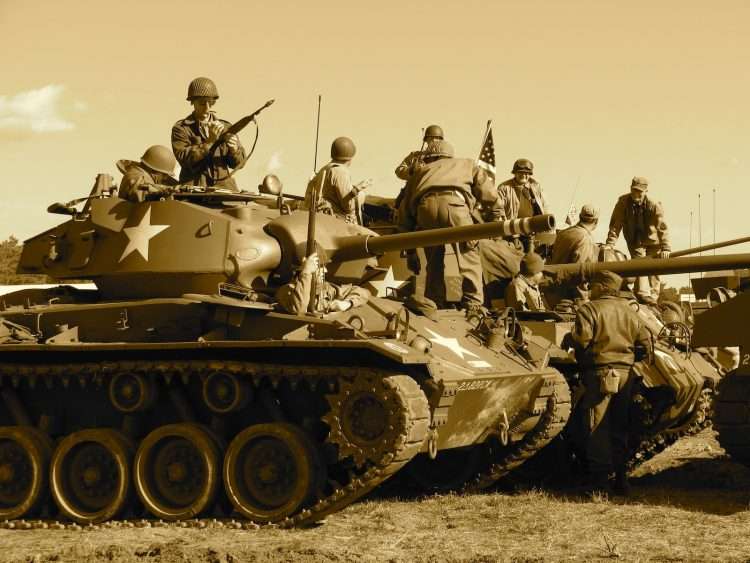War

The topic of war is crucial for English learners as it offers insight into historical events, human experiences and global affairs.
This introduction delves into the significance of understanding wars and their impact on societies, fostering cultural awareness and empathy. By exploring this subject, learners can expand their vocabulary related to conflict, diplomacy, and peacekeeping.
War, an enduring facet of human history, evokes a complex tapestry of emotions and consequences. Defined as a state of armed conflict between different nations or factions, it has left indelible marks on societies and cultures worldwide.
Fuelled by various factors like ideology, resources or territorial disputes, wars have shaped geopolitical landscapes and altered the course of civilisations. Though often presented as a means to an end, the ravages of war encompass immeasurable human suffering, loss, and destruction. Exploring its roots, impact, and the pursuit of peace becomes essential in understanding this perennial enigma that continues to shape our world.
Useful Vocabulary
Try and use the following vocabulary when answering the question. Click to look up the definition in the dictionary
Conversation Questions
- Why do you think countries go to war?
- Do you think war is necessary for human evolution?
- Are there any benefits of war?
- Who suffers most during a war?
- When was the last war involving your country?
- Would you say civil wars are more problematic for the general population over regional or global wars?
- How do you think we can reduce the amount of wars and conflict that happen globally?
- In general, who do you think is responsible for most wars?
- Do you know anyone who has fought in a war?
- How do you think war affects everyday people?
- What would the effects be of a nuclear war?

